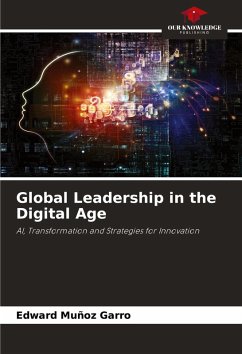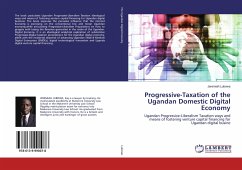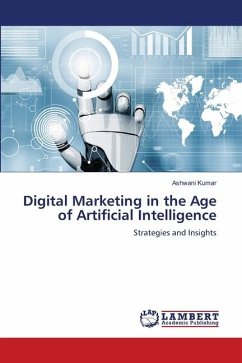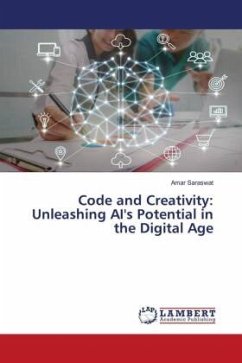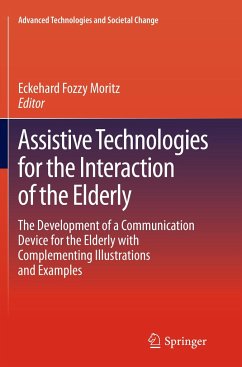
SOCIAL ENGINEERING IN THE DIGITAL AGE
MITIGATING RISKS FOR THE ELDERLY
Versandkostenfrei!
Versandfertig in 6-10 Tagen
29,99 €
inkl. MwSt.

PAYBACK Punkte
15 °P sammeln!
The purpose of this paper is to present the context of social engineering and its effects on people with limited knowledge of technology. Social engineering is the ability to gain access to confidential information and sensitive data through persuasion techniques, working from psychological manipulation, such attacks whether technical or social are increasingly present in the modern era in which we live. In today's world, research shows that there has been a huge increase in access to networks by the elderly and children, who are considered by many to be the preferred targets of digital crimin...
The purpose of this paper is to present the context of social engineering and its effects on people with limited knowledge of technology. Social engineering is the ability to gain access to confidential information and sensitive data through persuasion techniques, working from psychological manipulation, such attacks whether technical or social are increasingly present in the modern era in which we live. In today's world, research shows that there has been a huge increase in access to networks by the elderly and children, who are considered by many to be the preferred targets of digital criminals, as they are the most susceptible to being affected by cyber threats. The aim of this paper is therefore to present effective measures so that recurring cases of scams, thefts and even cloning of personal data decrease as time goes on and, along with these facts, to emphasize the importance of helping the general population on how to proceed in situations of cyber attack. To this end, anonline questionnaire survey was used as the data collection method. The analysis of the data revealed the need to pay more attention to





